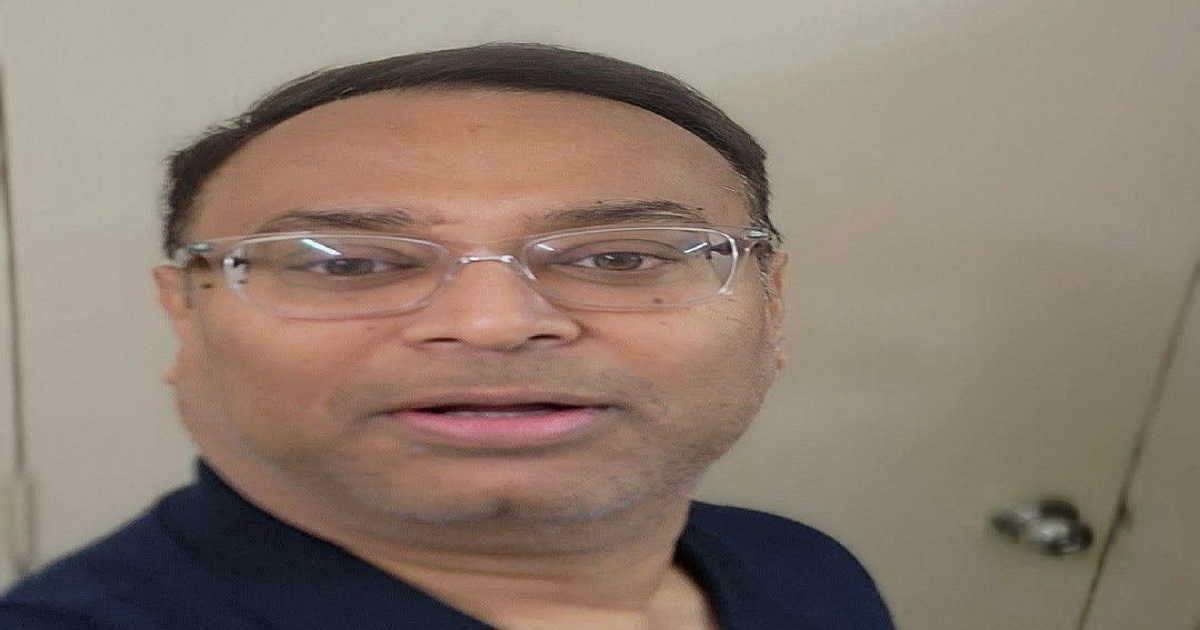Between Loss & Resilience : A Bengali Hindu's Reflection
Saurav Gupta
August 17, 2025

I may be wrong, but it has long been my belief that Bengali Hindus, like the Jews, are among the most persecuted communities in the world. Their histories are, of course, very different in scope and scale, yet they share a certain rhythm of suffering : repeated uprooting, the loss of homeland, and the constant need to rebuild identity in the shadow of displacement.
For Bengali Hindus, persecution has rarely been spoken of openly. It often hides in migration stories, in the silence of families who left behind entire worlds, or in the quiet erasure of a community that once formed a far greater share of Bengal’s life. From Noakhali to the Partition, from the violence of 1971 to the continuing exodus from Bangladesh, the story is one of gradual diminishment. What was once a vibrant and confident community has, over time, been scattered, fragmented, and often forced to live as guests in lands that were once their own.
And yet, despite this history of loss, survival has remained the defining trait. Much like the Jews, Bengali Hindus have held on to memory, tradition, and a sense of cultural distinctiveness that refuses to vanish. Whether in rituals, food, literature, or language, there persists an almost stubborn insistence on continuity. This resilience, I feel, is not just cultural but existential—it is the way a people negotiates with history, carrying both the pain of what was lost and the pride of what remains.
To be a Bengali Hindu, then, is to live with this dual awareness: of persecution that is rarely acknowledged, and of resilience that is rarely celebrated. It is to belong to a community that has suffered greatly, but which endures in quiet defiance of time and circumstance.
(Tripurainfo)
more articles...